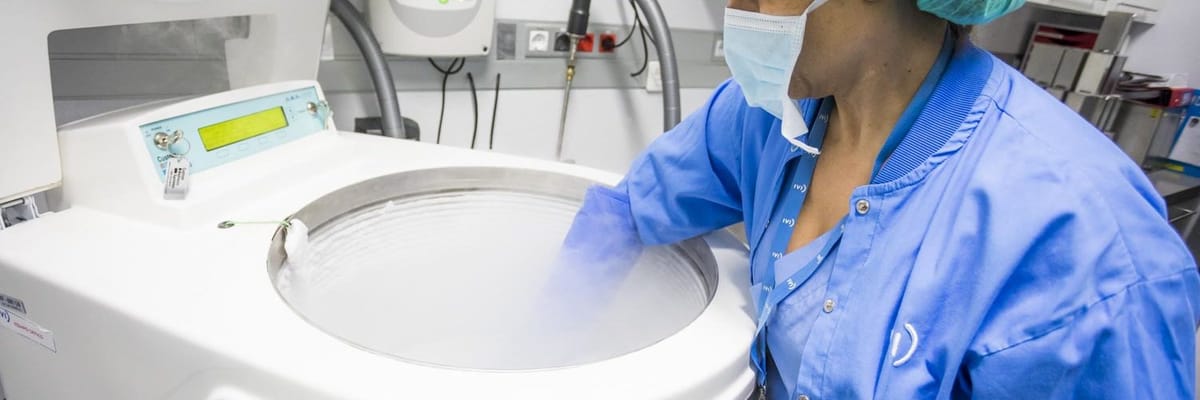
- Of the more than 3,000 women who participated in the IVI study, 10% finally opted for reproductive treatment
Today, women take on their thirties with vitality, multiple challenges in the different areas of their lives and full physical and mental capacity. Unfortunately, their biology does not follow the same path as far as fertility is concerned, as it is from the age of 35, when the majority of women are at their most vital, that the decline in their fertility begins.
“Society has changed, it has evolved, but women’s biological clocks continue to be governed by the same guidelines as centuries ago, establishing the ideal age to have a baby from a medical point of view in the second decade of life and up to 35 years old. This crashes head on with the pace of life faced by women today”, explained Dr. Antonio Requena, medical director of IVI.
This reality is evidenced by the latest data emerging from the fertility study carried out by IVI throughout 2018. Over the past year, IVI’s clinics across Spain offered a free test so that women could discover their ovarian reserve; a campaign to determine the Anti-müllerian Hormone (AMH) aimed at women between 25 and 38 years of age, interested in finding out their level of fertility.
“The main conclusion we can draw from this study is that 24% of women between 30 and 34 years of age have levels that are considered in line with reduced ovarian reserve, a very alarming fact”, said Dr. Requena. On the other hand, of the women under 30, 12% had low ovarian reserve, and in those over the age 35, the percentage of low reserve rose to 33%.
More than 3,000 women were part of this study, 10% of whom finally opted for reproductive treatment (either fertility preservation or IVF).
Currently, the majority of women attending IVI clinics to know their AMH are over 34 years old (43.5% of women who were part of the study).
“As a woman’s age increases, the number of oocytes she has decreases, so it is important to encourage women to check their ovarian reserve after 30, because, like people who have annual health checks, Fertility status is an equally important parameter that every woman should know and care about. At IVI we are aware of this need, so this free campaign to find out the ovarian reserve is ongoing throughout this year”, added Dr. Requena.
Prevention, the best response to the unstoppable reality of the passage of time
Women have absolute freedom to decide every area of their life, but the effect of age on the possibilities of becoming a mother has historically placed social pressure on them and they have often faced the dilemma of choosing how to arrange their life and whether or not to give up something that should be a right.
“Infertility associated with advanced maternal age represents the majority of cases of female infertility treated at our consultations. And in our awareness of this reality that weighs on women, we aim to offer an alternative focused on freedom of choice and decision: the preservation of fertility”, said Dr. Requena.
As was the case of the contraceptive pill at the time, egg vitrification has been a female revolution, allowing women to decide the best time to be a mother, thus winning the war against time.
